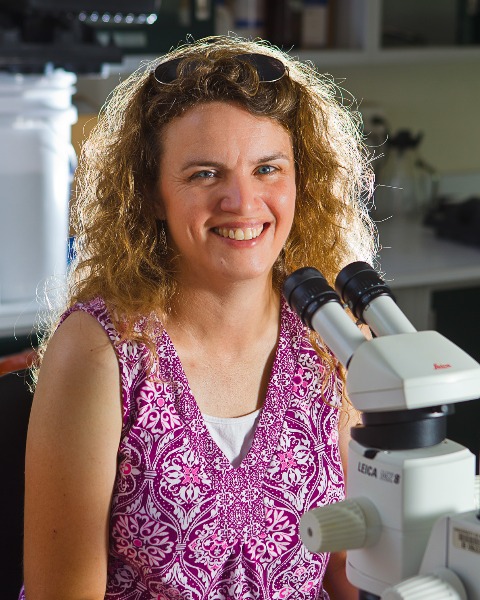Systematics, Evolution, and Biodiversity
10-Minute Paper
Does the strength of Rickettsiella-induced cytoplasmic incompatibility change as a function of male age?

Jen White
Professor
University of Kentucky
Lexington, Kentucky- LR
Laura Rosenwald
University of Kentucky
Lexington, Kentucky - ZG
Zayla Granillo
University of Kentucky
Lexington, Kentucky - JG
Joshua Griffith
University of Kentucky
Lexington, Kentucky
Presenting Author(s)
Co-Author(s)
Maternally-inherited bacterial symbionts frequently manipulate reproduction in their hosts through cytoplasmic incompatibility (CI). CI promotes spread of the bacteria through the host population by sabotaging the fertility of matings between infected males and uninfected females, thus indirectly providing a fitness benefit to infected females. CI is most commonly associated with symbiotic Wolbachia bacteria, but maternally-inherited bacteria from several other clades are also capable of causing CI, including a strain of Rickettsiella that infects the spider Mermessus fradeorum. For Wolbachia, the strength of CI typically decreases as male age increases, but observational evidence in M. fradeorum suggested the reverse effect: young males induced weak CI whereas older males induced strong CI. To test this effect experimentally, we conducted controlled crosses between infected males of different ages with females that all fof the same age. We found that CI induction did not increase with increased male age at time of mating, suggesting that yet other correlated factors may have been responsible for the initial observational pattern. Our next experiments will focus on rearing temperature and developmental time.

